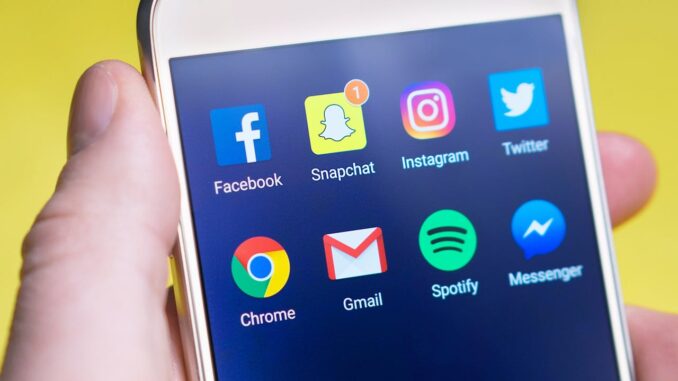
Social Media and Anxiety
Social media has become a regular part of our daily lives, with many of us spending hours scrolling through feeds, liking posts, and sharing updates. While social media can foster connection and provide entertainment, it also has a dark side, particularly for individuals who struggle with anxiety.
Related: Anxiety vs. excitement
As a therapist specializing in anxiety in Chicago, I often hear my clients share how social media exacerbates their symptoms. In this post, we’ll explore seven ways social media can make your anxiety worse and what you can do to mitigate its effects.
1. Comparison Trap
Social media often functions as a highlight reel, showcasing the best moments of people’s lives. Whether it’s a friend’s luxurious vacation, someone’s seemingly perfect relationship, or a new career milestone, these curated snapshots can trigger feelings of inadequacy and self-doubt (see page on negative thinking).
For those with anxiety, this can amplify negative self-talk, leading to thoughts like, “Why isn’t my life as good as theirs?” or “I’ll never measure up.”
What You Can Do: Remember, social media is not an accurate reflection of reality. Practice gratitude by focusing on your own accomplishments and joys, no matter how small they may seem.
2. Information Overload
Social media delivers a constant stream of news, opinions, and updates. While staying informed is important, the unfiltered flood of information can overwhelm your brain, especially if you’re already prone to overthinking.
This can lead to what therapists call cognitive overload, making it harder to process information and increasing feelings of helplessness or worry.
What You Can Do: Set boundaries around your news consumption. Limit yourself to checking updates from credible sources once or twice a day.
3. Fear of Missing Out (FOMO)
FOMO, or the Fear of Missing Out, is a well-documented psychological phenomenon that social media exacerbates. Seeing others attend events, achieve milestones, or even just appear happy can make you feel left out or “less than.” This can fuel anxiety by reinforcing a belief that you’re not doing enough or that you’re somehow falling behind.
What You Can Do: Reframe your thoughts. Instead of focusing on what you’re “missing,” focus on what you value in your own life. Consider practicing mindfulness to ground yourself in the present moment.
4. Cyberbullying and Negative Interactions
Online platforms are not immune to negativity. Cyberbullying, harsh comments, or even subtle passive-aggressive posts can significantly impact mental health.
For individuals with anxiety, these interactions may trigger hypervigilance, causing you to constantly monitor your social media for potential threats.
What You Can Do: Curate your online environment. Block or mute accounts that negatively affect you. Engage only with content and people that uplift and support you.
5. Disrupted Sleep Patterns
Scrolling through social media late at night can interfere with your sleep. The blue light emitted by screens suppresses melatonin production, a hormone critical for sleep.
Moreover, anxiety-inducing content can activate your nervous system, making it harder to relax and fall asleep.
What You Can Do: Establish a digital curfew. Put your phone away at least an hour before bedtime, and consider using apps that reduce blue light if you must use your device in the evening.
6. Validation Dependency
Social media often fosters a need for external validation. The number of likes, comments, or shares a post receives can become a measure of self-worth.
For individuals with anxiety, this can lead to an unhealthy preoccupation with pleasing others and constantly seeking approval.
What You Can Do: Shift your focus from external validation to internal validation. Remind yourself that your worth isn’t tied to how others perceive you online.
7. Doomscrolling
Doomscrolling refers to the compulsive act of consuming negative news or content, often late at night. This behavior is common among those with anxiety, as it feeds the brain’s natural tendency to focus on threats. Unfortunately, this only serves to heighten feelings of worry and stress.
What You Can Do: Be intentional about your social media use. Set a timer for how long you’ll scroll and avoid engaging with content that triggers your anxiety.
Taking Control of Your Social Media Use
Social media isn’t inherently bad, but it can significantly impact your mental health if not managed properly. If you find that social media worsens your anxiety, start by becoming aware of how it affects you. Set boundaries, practice mindfulness, and prioritize real-life connections over virtual ones.
If you’re struggling to manage your anxiety and feel that social media is part of the problem, consider reaching out for support. As a therapist specializing in anxiety in Chicago, I help individuals develop strategies to navigate these challenges and regain a sense of balance. Remember, you have the power to take control of your mental health—both online and offline.
